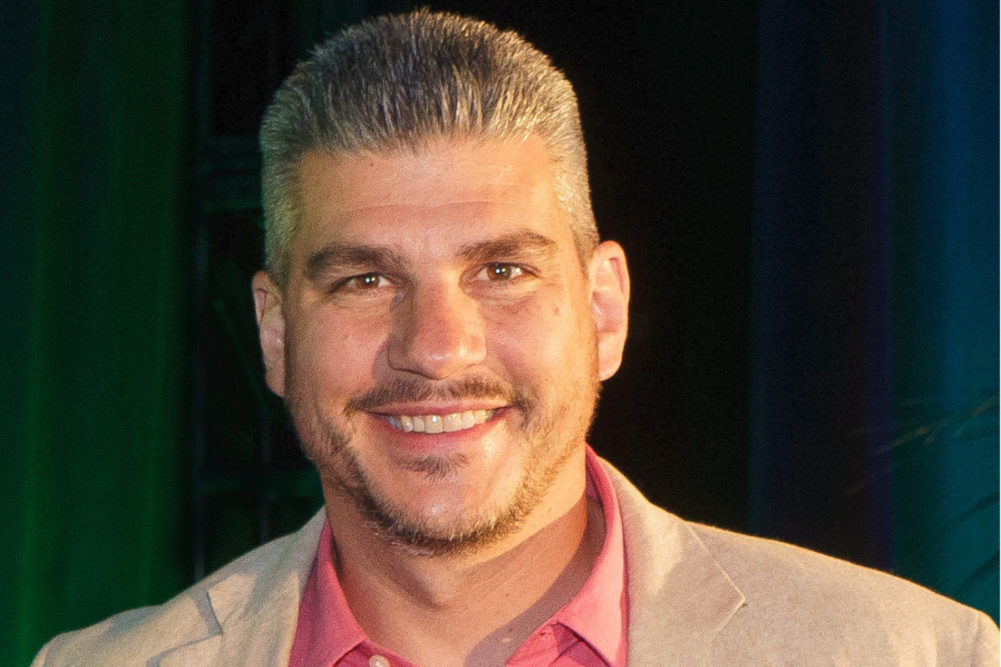TAUNTON, MASS. — Harpak-ULMA, the North American arm of ULMA Packaging, has hired Josh A. Becker as market segment product manager to lead a new initiative focused on helping the bakery and confectionery market improve flexibility and operational performance in response to COVID-19 business disruptions.
The new initiative is expected to leverage ULMA’s global market segment presence, combined with smart, connected packaging platforms, to help bakery and confectionery producers do more and go faster under adverse and rapidly changing conditions, the company said. The initiative comes on the heels of Harpak-ULMA’s recent announcement that it is embedding Augmented Reality (AR) capabilities for service instructions, staff training, and remote support in its platforms.
Mr. Becker has been tasked with leading the initiative. Prior to joining Harpak-ULMA, he was senior manager of packaging systems for the North America division of The Hershey Co. He earlier was a staff engineer at Hershey. Before Hershey, he was a senior project engineer at Bimbo Bakeries USA. He also has worked as an engineering maintenance manager and project engineer at Kraft Foods Group, and in operations resource corn production/packaging at Frito-Lay.
He received a bachelor’s degree in chemical engineering from Penn State University.
“Unfortunately, much of today’s bakery packaging operations are dependent on manual processes, diverse systems, and even significant IT system gaps,” Mr. Becker said. “That translates into inflexibility, data inconsistency, duplicated work, rigid processes and poor scalability. COVID-19 highlighted those limitations, but at the same time, it is accelerating executive adoption of digital and automation-focused technologies. It’s simple really — better data, when and where needed, makes it possible to go after and solve the ‘big rocks’ in bakery packaging.”
Mr. Becker described the “big rocks” as not just new COVID-driven package format issues — such as individualized, sterile packages — but long-standing challenges such as continuous optimization of line Operational Equipment Effectiveness (OEE). The pandemic’s impact on labor emphasizes automation’s potential to reduce the risks associated with manual-labor dependency and process variations and its ability to scale throughput performance.
“It’s my experience that to ensure reliable, high OEE performance, automation must be carefully orchestrated both in the packaging line and with the production operations that feed it,” Mr. Becker said. “This is one of Harpak-ULMA’s clear differentiators, and it will prove key to our North America market expansion. Having been on the customer side of the relationship, I’m familiar with some of the more entrenched segment competitors. When you evaluate Harpak-ULMA across factors such as total cost of ownership, OEE, equipment life cycle and customer service support, we simply are going to provide a better value proposition.”
Mr. Becker said Harpak-ULMA also has seen executive interest spike in advanced digital technologies, such as AR’s visual work instructions, visual-interactive remote support, and real-time performance monitoring using mobile devices such as phones or tablets, since the COVID-19 pandemic began in March.






